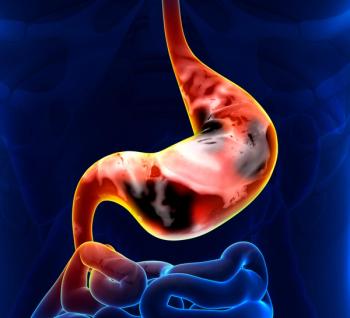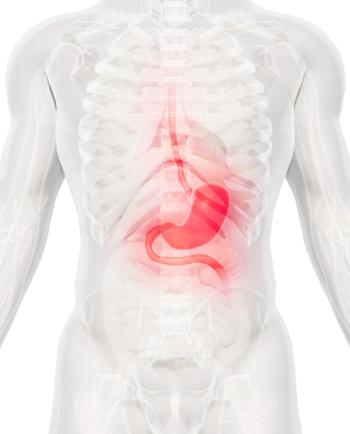
Precision Medicine Could Soon Be a Reality for Gastric Cancer
A new study has shown that it may now be possible to predict survival outcomes and patients’ response to chemotherapy based on the molecular classification of four distinct subtypes of gastric cancer.
New research is moving precision medicine closer to reality for patients with gastric cancer. It may now be possible to predict survival outcomes and patients’ response to chemotherapy based on the molecular classification of four distinct subtypes of gastric cancer. In a study
Lead author Ju-Seog Lee, PhD, an associate professor in the department of systems biology, division of cancer medicine, at the University of Texas MD Anderson Cancer Center in Houston, said that most patients with early-stage gastric cancer are treated with a surgical resection followed by chemotherapy. However, outcomes vary significantly. Differences in clinical outcomes may likely be due to biological and molecular differences in tumors.
In order to identify the clinical significance of the four subtypes, Lee and colleagues re-analyzed gene expression data for these subtypes, using data from the gastric cancer cohort of The Cancer Genome Atlas Project. The team developed prediction models and tested the models in 2 independent cohorts of 267 gastric cancer patients in South Korea and 432 gastric cancer patients in Texas.
“We found that genomic subtypes are highly relevant to clinical outcomes regarding survival rate and response to standard treatment (adjuvant chemotherapy),” Lee told OncoTherapy Network. “We plan to further validate the association of genomic subtypes with different responses to adjuvant chemotherapy in a prospective cohort (CLASSIC). Our long-term goal is to identify and validate a small number of genomic markers/biomarkers to stratify patients for different treatment options.”
The researchers found that the EBV subtype was associated with the best prognosis for both recurrence-free survival and overall survival, and the GS subtype was associated with the worst prognosis. The MSI subtype was associated with a moderate prognosis, as was the CIN subtype; however, the CIN subtype had a worse prognosis in the South Korean cohort vs the American cohort. Lee said that this suggests that the CIN subtype may be less homogeneous and therefore harder to characterize.
The study also sought to examine whether specific subtypes of gastric cancer were associated with a clinical benefit from adjuvant chemotherapy. The researchers based this part of the study solely on the MD Anderson cohort, which indicated that patients with the CIN subtype received the greatest benefit from chemotherapy. Patients with the GS subtype showed no benefit, while those with the MSI subtype showed a moderate benefit. The effects of chemotherapy on patients with the EBV subtype could not be assessed.
“The current study would provide a foundation for the personalized medicine approach for treatment of patients with gastric cancer. New classification of gastric cancer will help determine which patients will have benefit from different treatments such as immunotherapy or chemotherapy,” said Lee.
Newsletter
Stay up to date on recent advances in the multidisciplinary approach to cancer.





































